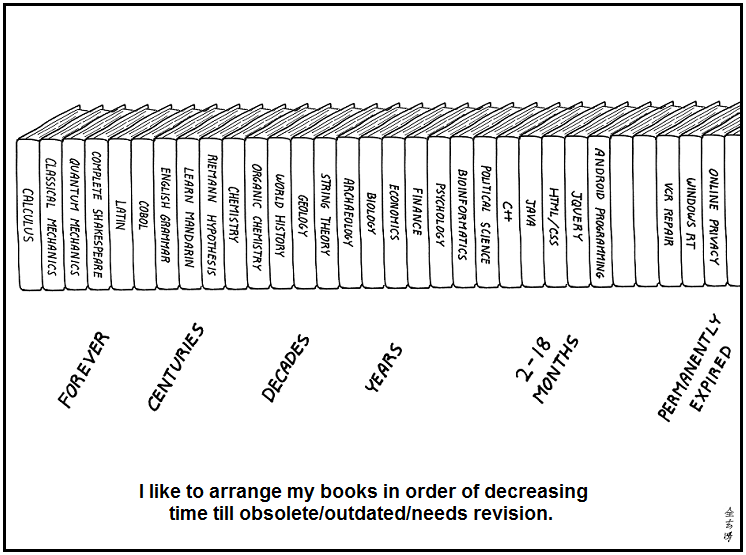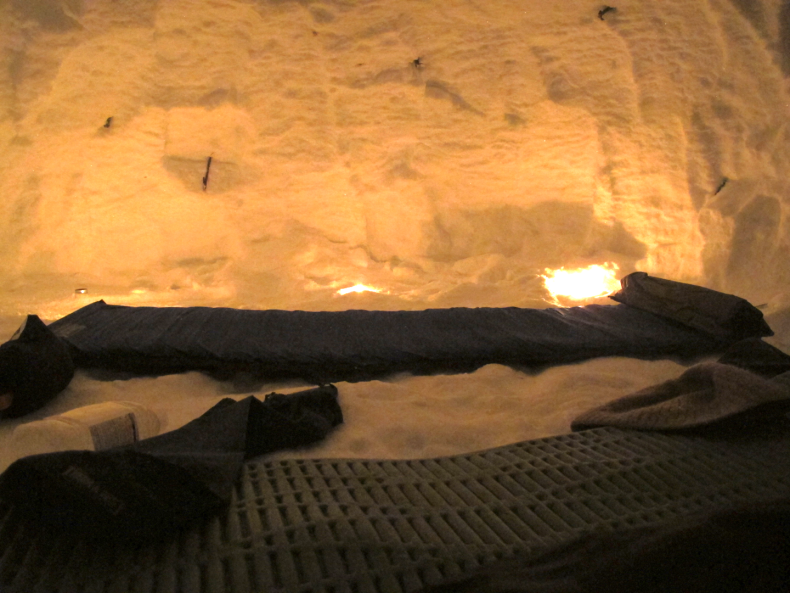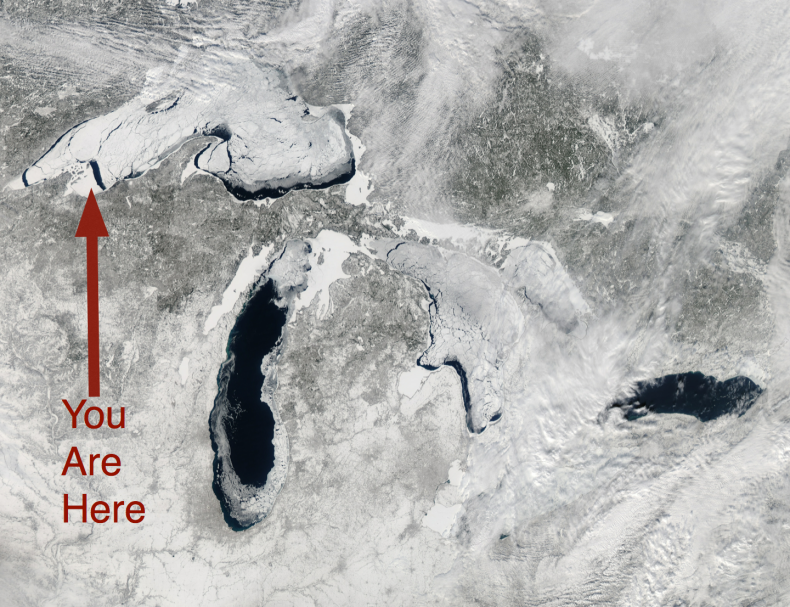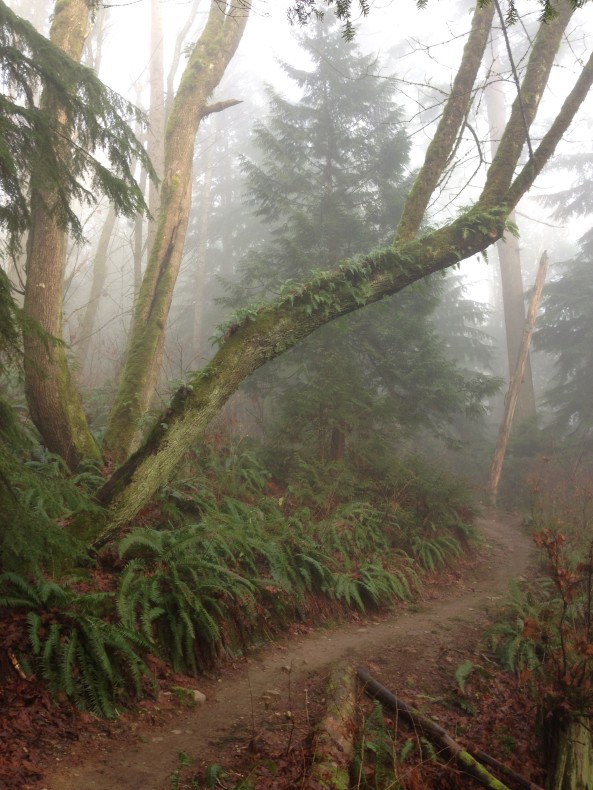Dear LWON readers, I’d like to ask you a question.
Twice recently I’ve written about properties of black holes that blow my mind. In each instance, my inspiration was a detail from a movie.
First was Interstellar. The great gravitational grip of the black hole in that movie, as is the case for all black holes, distorts space to such an extent that objects on the side opposite the observer become visible. What blew my mind, though, was what happens when you take that idea to its extreme: One of the sources of light looming into view would be the far side of the accretion disk—the blindingly bright ring of debris encircling the black hole—in its entirety.
Next I wrote about A Brief History of Time, a documentary about Stephen Hawking. During a discussion of what you would experience if you were to fall into a black hole, a physicist says that time would appear to pass normally to you, but that the passage of time in the rest of the universe would appear to be speeding up. What blew my mind, though, was what happens when that idea is taken to its extreme: As you reach the very lip of the black hole’s event horizon, time would be accelerating at such a rate that you would witness the future of the universe in its entirety.
In both cases, however, what didn’t blow my mind was the underlying assumption: Gravity distorts space and time.
That concept used to be the extreme—a side effect of general relativity that would blow anybody’s mind. Now I accepted that assumption almost without thinking. Which, when I thought about it, blew my mind.







